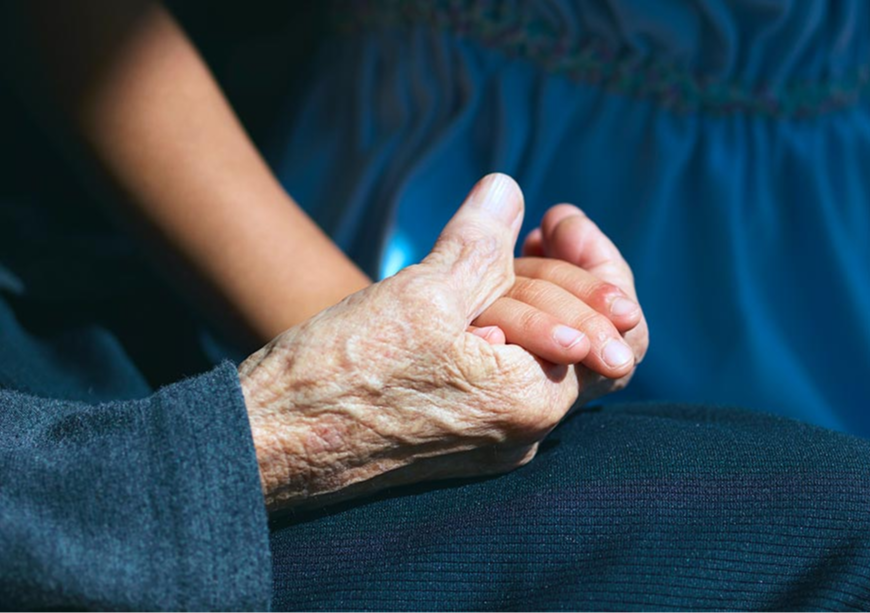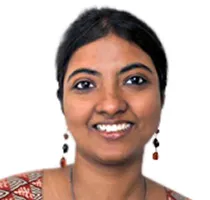-
CENTRES
Progammes & Centres
Location
Despite being labelled as dependents, older women, especially from low-income households, contribute significantly through unpaid and paid work, without any recognition

This article is part of the series — International Women's Day
It is that time of the year when everyone, including cosmetic brands that exploit women workers, have few women in leadership positions, and source mica (an essential ingredient in most beauty products) from illegal mines in Jharkhand where women and small children toil under extremely precarious conditions for paltry wages, to pay their annual tribute to the cause of gender equality. Their faux concern for women is limited to the cohort of women who can afford to buy their expensive beauty products. Needless to say, this version of faux feminism is not concerned about the structural oppression of poor older women in developing countries like India who cannot afford expensive beauty products. Sadly, the global discourse on gender equality has also ignored the concerns of older women. Much of the attention is directed, and rightly so, towards educating young girls and prioritising nutrition and healthcare for adolescent girls and pregnant women while the concerns of old women are seldom discussed in policy debates. Gender equality will be a reality only when women of all ages are empowered and able to live a life of dignity.
Older women across the globe make critical contributions to their families, communities, and economies through their paid and unpaid work without any recognition or support.
This article is a small attempt to reclaim the International Women’s Day by training the spotlight on old women, who, as British sociologist Diane Elson puts it, are disadvantaged by both age and gender. Older women, particularly from poorer households, are often deemed as a problem for families and the state because they are perceived as dependents with high care needs. However, older women across the globe make critical contributions to their families, communities, and economies through their paid and unpaid work without any recognition or support. In most developing countries, old women do a range of tasks such as caring for their grandchildren, growing food, domestic chores such as cooking, cleaning, fetching water etc. and even earning money from informal sector jobs and petty production to support themselves and their families, often while battling serious health conditions and disabilities themselves.
A recent report by Age International, calls older women, a “hidden workforce”. Old women, on average, engage in 4.3 hours of essential domestic work and unpaid care work. As more young women are entering the labour force, grandmothers are assuming greater childcare responsibilities. In many poor households, small incomes which the older women earn through their work in the informal sector, also play an important role in accessing food and other essentials for the household. Old women also play a critical role in agriculture in most developing economies. With more young men and women migrating from villages to big cities, old women are left to do more agricultural work. According to the Age International report, before the COVID-19 pandemic, 1 in 7 women above 65 were engaged in paid work in low- and middle-income countries whereas in high-income countries only 1 in 10 women above 65 were engaged in paid work. The numbers were particularly high in Sub-Saharan Africa where 2 in 5 women above 65 were engaged in paid work.
With more young men and women migrating from villages to big cities, old women are left to do more agricultural work.
The important contribution that old women make through their unpaid care work and paid work in the informal sector is completely ignored by policymakers because government statistics are not designed to capture their economic contribution. Governments seldom recognise the importance of unpaid care work performed by women. Moreover, the working-age population is typically defined as between 15 and 60 years. As a result, most government reports and surveys also lead to an underestimation of the informal sector, which is where the bulk of the old women work.
Public discussions in India mostly focus on the demographic dividend as the country has a huge youth population. However, the country also has a large and growing population of older persons, but the elderly get much less policy and societal attention. The assumption that older women will be taken care of by family and community members may not be true anymore as traditional family and community ties are being altered by the complexities of the modern world. The first step towards ensuring dignity and well-being for women in the later stages of their lives is a change in mindset. Firstly, old women should be regarded as contributing members of society rather than dependents. Secondly, while unpaid care work, particularly caring for grandchildren, is rewarding for most old women, their economic contribution needs to be recognised. Thirdly, the economic importance of old women’s paid work must be calculated.
The assumption that older women will be taken care of by family and community members may not be true anymore as traditional family and community ties are being altered by the complexities of the modern world.
Necessary definitional changes in the working-age population must be made to arrive at a better estimate of the value of the paid work that old women do. Further, while economic independence is often beneficial for old women, it is also clear that much of the work that old women do is not decent work and is often out of sheer desperation. Therefore, it is also important to protect old women from exploitation in the workplace. Lastly, the government must improve the quality of elderly services and make better provisions for social security and health of older women.
Malancha Chakrabarty is Senior Fellow and Deputy Director (Research) at the Observer Research Foundation
The views expressed above belong to the author(s). ORF research and analyses now available on Telegram! Click here to access our curated content — blogs, longforms and interviews.

Dr Malancha Chakrabarty is Senior Fellow and Deputy Director (Research) at the Observer Research Foundation where she coordinates the research centre Centre for New Economic ...
Read More +